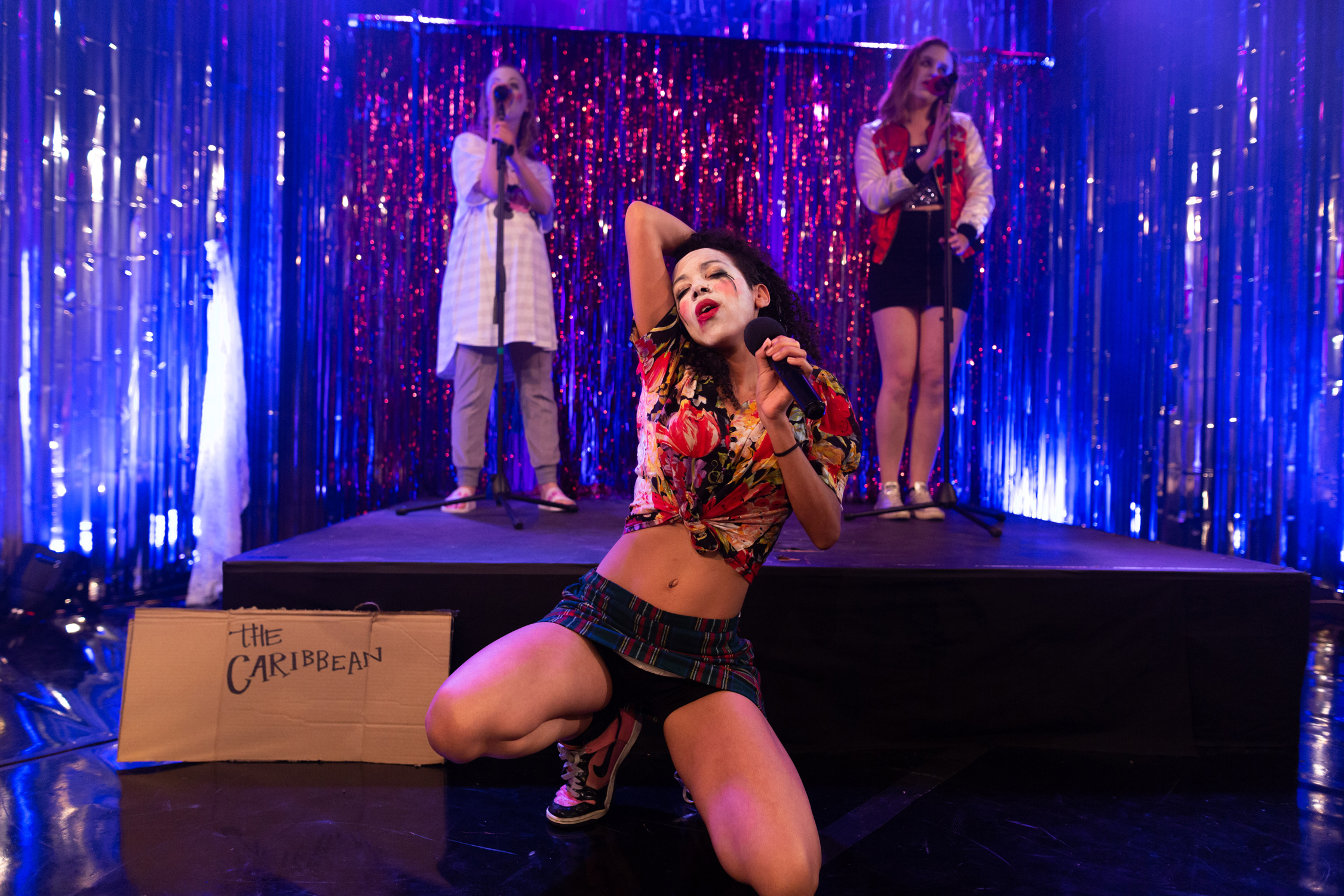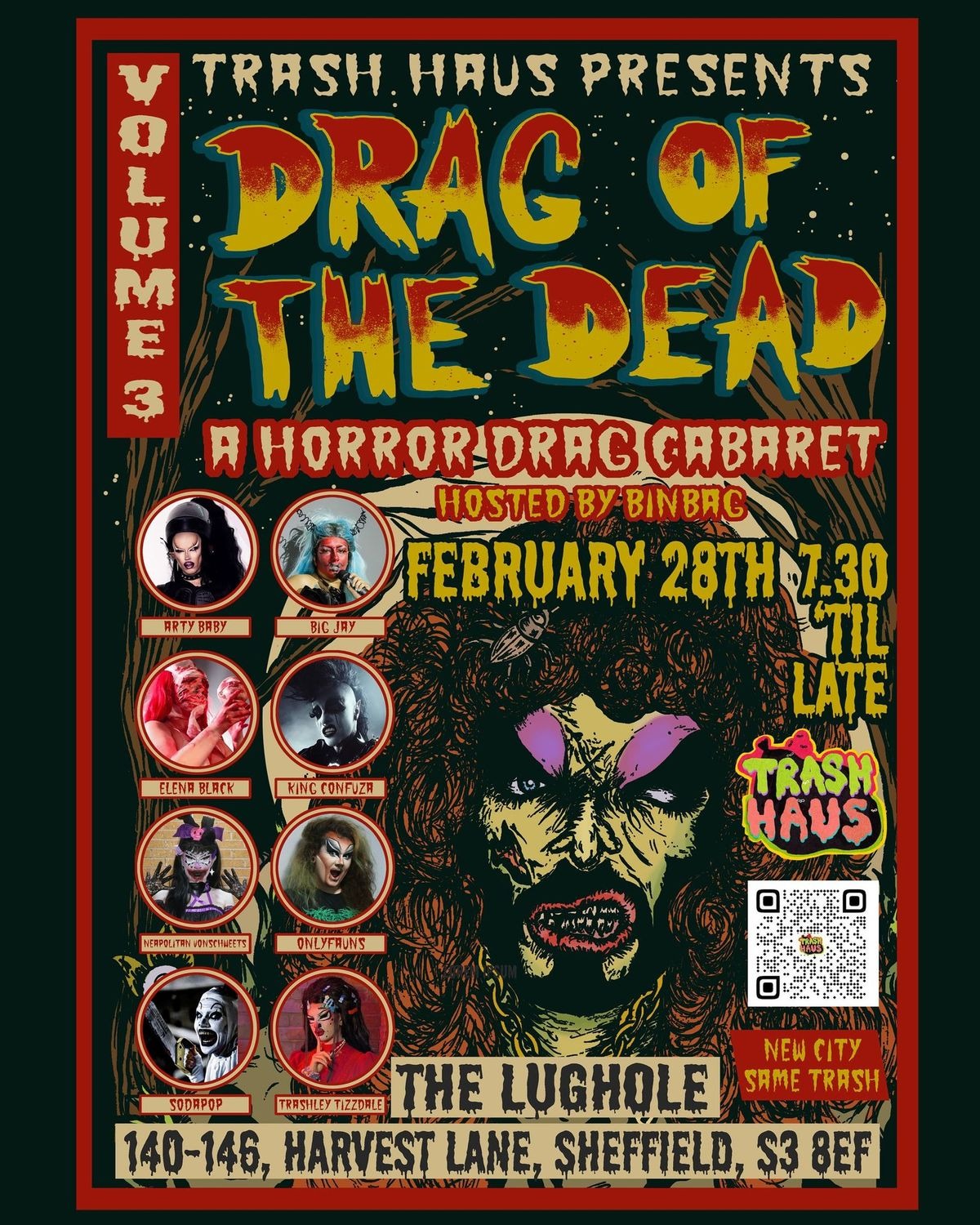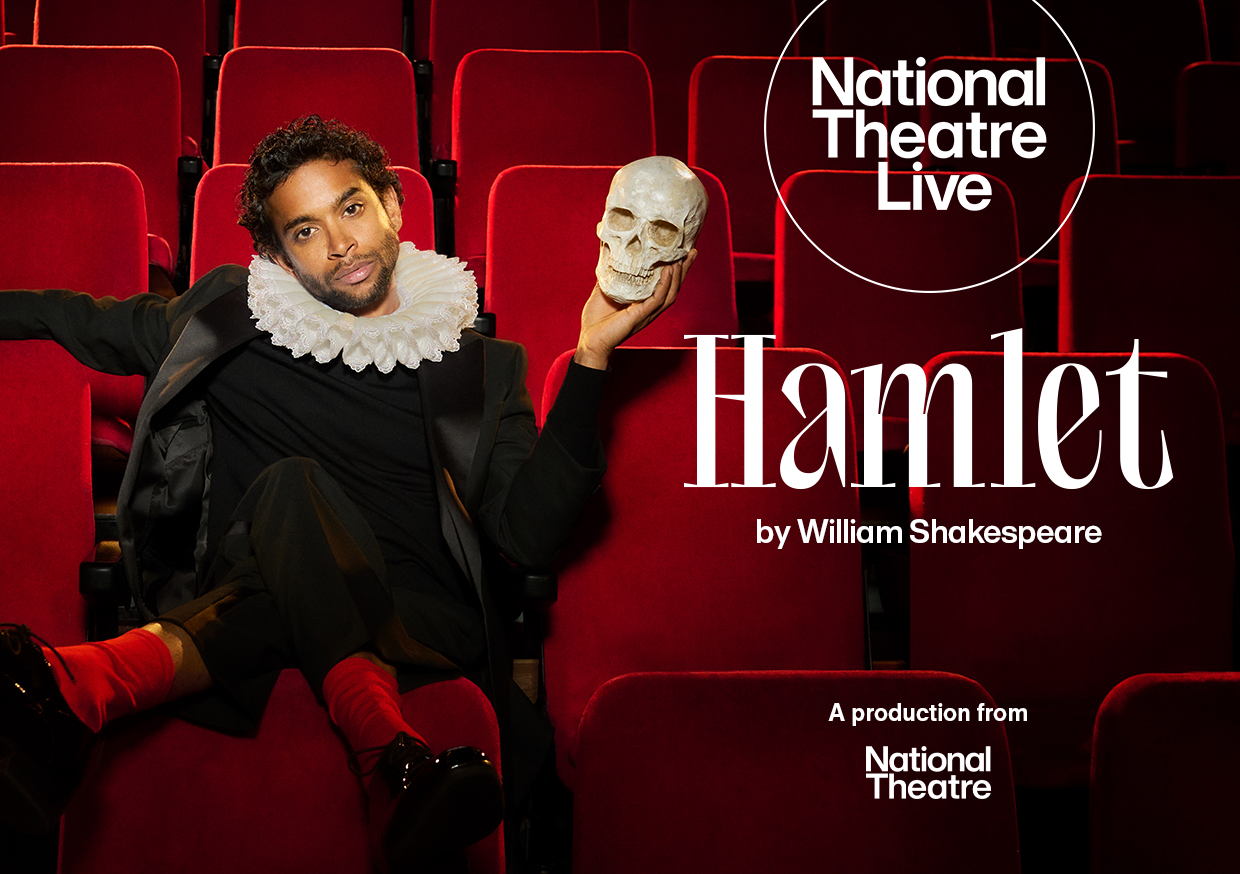In 1959 Lorraine Hansberry’s A Raisin in the Sun debuted on Broadway. The groundbreaking piece was the first play written by a black woman to appear on Broadway and, in the 50+ years since, it has continued to resonate with audiences, been transformed into a film and seen the likes of Denzel Washington and Danny Glover perform in central roles. Hansberry was even the inspiration for Nina Simone’s song Young, Gifted and Black. However, oddly enough, A Raisin in the Sun is rarely – if at all – performed in the UK. Dawn Walton, director of theatre company Eclipse, was long been puzzled by this, and in early 2016 gave Hansberry and A Raisin in the Sun the recognition they deserve by touring the play across the UK, opening at Sheffield’s Crucible Studio.
Written at the start of the civil rights era, A Raisin in the Sun is an intense family drama following the Youngers as they await the arrival of a cheque worth $10,000. During their wait, the family encounter issues of inequality, housing and lack of opportunity – themes that still ring true today. Walton notes: “The play translates, it moves across the ocean and indeed through time perfectly… You have three generations of a family all living in one space. And increasingly today, due to the economic climate, people are not able to go out and buy their own homes. There is also a dream at the heart of the play – a dream about the arrival of $10,000. However, everyone has a different idea about what to do with that life-changing sum of money and I am sure the people that won the lottery last week are having similar discussions.”
According to Walton, the character of Beneatha Younger demonstrates Hansberry’s role as a visionary. “Beneatha is black, working class, financially reduced and a woman living in the 1950s, but she’s thinking about feminism and her ambition is to be a doctor. I think at some point we’ll catch up – I don’t know when it is going to be, unfortunately very little has changed.”
However, a huge part of Eclipse’s work is to see change – whether that’s performing international plays that have previously been ignored in the UK, bringing theatre to a more diverse audience, or adding stories to the British canon. The Guardian refers to Eclipse as “one of the UK's foremost black-led theatre companies” but Walton is not just concerned in putting on great plays; she’s focused on creating a legacy and developing long-term solutions to the gap between theatres and the community and writers on their doorsteps. One of these solutions is Eclipse’s large-scale project Revolution Mix, which brings together 60 writers from across the UK, pairs them up with a theatre and sees them writing the missing Black and Asian stories from the last 500 years. Walton views this project as vitally important in redressing inequalities in theatres and more helpful than cross-casting. “You’ve got to do more new writing and go deeper. Otherwise in ten years’ time we’ll just be repeating the same problems. If you’re not creating the classics of the future, then you just have the same problem over and over again. Cross-casting is very temporary, and if it were the only solution to diversity then we’d have fixed things, wouldn’t we?”
Interestingly, Sheffield’s diversity is one of the reasons Eclipse is based here. “When I arrived I stood outside the station for a bit, getting my bearings and looking at what, for me, was a new water feature. I could hear any number of different accents and languages being spoken around me and I thought that was quite wonderful. And then I found out that Sheffield was the first City of Sanctuary. I’m a Londoner and to feel that feeling outside London up here in Yorkshire in a city like Sheffield was just wonderful.” Anything else Walton appreciates about Sheffield? “It is small enough to walk around and we are very near the Peak District, which I also enjoy.”
- Words by
- Hannah Clugston
- Featured in
- Sheffield theatre guide






